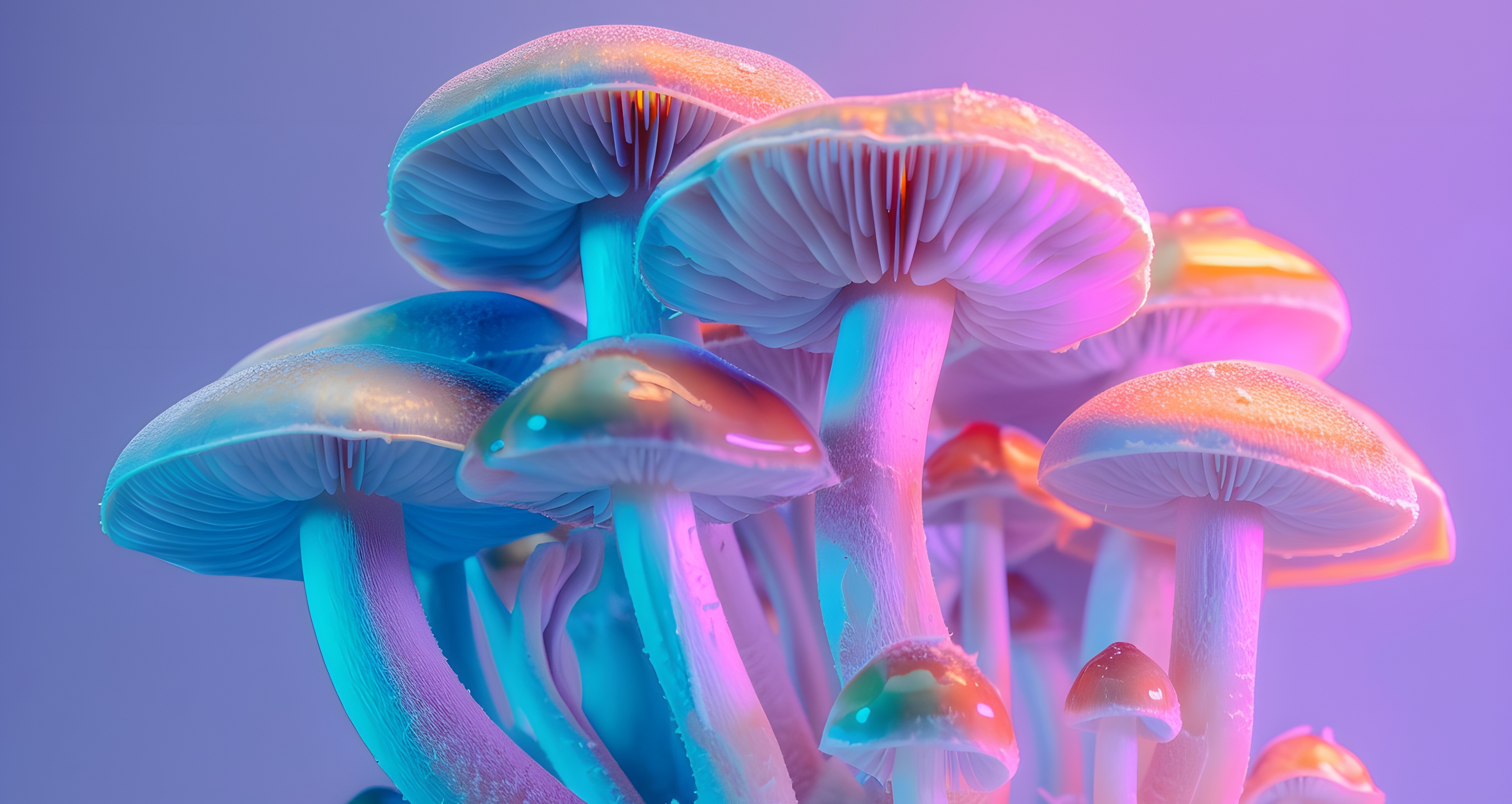Psilocybin: A New Care Option for Depression When Traditional Treatments Fall Short

For many people living with major depressive disorder (MDD), the journey to relief can be long and frustrating. Standard treatments, such as antidepressants and psychotherapy, are often the first line of care. But for some, these approaches bring only partial improvement or no improvement at all.
This reality has fueled interest in innovative approaches, and one that is generating significant attention is psilocybin-assisted care. While still investigational, early research suggests psilocybin could offer hope for individuals who haven’t found success with traditional treatments.
What Is Psilocybin?
Psilocybin is a naturally occurring psychedelic compound found in certain species of mushrooms. In modern clinical research, it is administered in precisely measured doses within a safe, supportive, and highly controlled medical environment.
When used in a clinical setting, psilocybin is not about recreational experiences. It is about exploring whether the compound, combined with professional guidance, can help reduce symptoms of depression in people who have not responded well to conventional care.
Why Psilocybin Is Being Studied for Depression
Traditional antidepressants can take weeks to work and require daily use. Even then, some people continue to experience significant symptoms. In contrast, psilocybin studies are exploring whether one or two carefully monitored dosing sessions, combined with structured psychological support, can provide noticeable improvements more quickly and with longer-lasting effects.
Research is focused on:
-
Symptom Reduction – Measuring changes in depression severity.
-
Speed of Onset – Understanding how quickly benefits may occur after treatment.
-
Durability – Evaluating how long potential benefits might last.
-
Quality of Life – Looking at improvements in daily functioning, relationships, and emotional well-being.
How Psilocybin-Assisted Care Works in Research
If someone is eligible for a psilocybin study, the process usually includes:
-
Comprehensive Screening – Medical and mental health evaluations to ensure safety.
-
Preparation Sessions – Building trust with facilitators, learning about the process, and discussing potential experiences.
-
Dosing Sessions – Psilocybin is taken in a comfortable, supervised setting with trained professionals present for the entire session.
-
Integration Sessions – Participants discuss their experience with facilitators and explore how insights may be applied to daily life.
Safety First
Psilocybin is still an investigational treatment for depression and is only available through approved clinical trials. Participation does not guarantee improvement, and some participants receive a placebo instead of psilocybin.
Clinical studies are designed to protect participants’ well-being with:
-
Careful medical screening before enrollment.
-
Professional monitoring during dosing sessions.
-
Follow-up visits to track safety and emotional health.
The Potential Impact on Mental Health Care
If ongoing research continues to show positive results, psilocybin could become a transformative addition to the depression treatment toolkit, especially for those who have not found relief through existing options.
By joining a clinical trial, participants can:
-
Access an innovative, carefully monitored treatment approach.
-
Contribute to advancing mental health research.
-
Help pave the way for new therapies that may benefit millions in the future.
Considering Participation in a Psilocybin Study?
If you have been diagnosed with depression, are currently experiencing a depressive episode, and haven’t had success with standard treatments, you may qualify for a psilocybin research study.
At Segal Trials, we are committed to advancing mental health care through high-quality, ethical research. Our studies offer:
-
Compensation for time and travel.
-
Professional medical oversight.
-
A respectful, supportive environment.
👉 Learn more about our depression studies
👉 See if you qualify today
Disclaimer: This content is for informational purposes only and is not medical advice. Psilocybin-assisted care for depression is investigational, not yet approved, and only available through clinical research. Results vary, and there is no guarantee of benefit.


